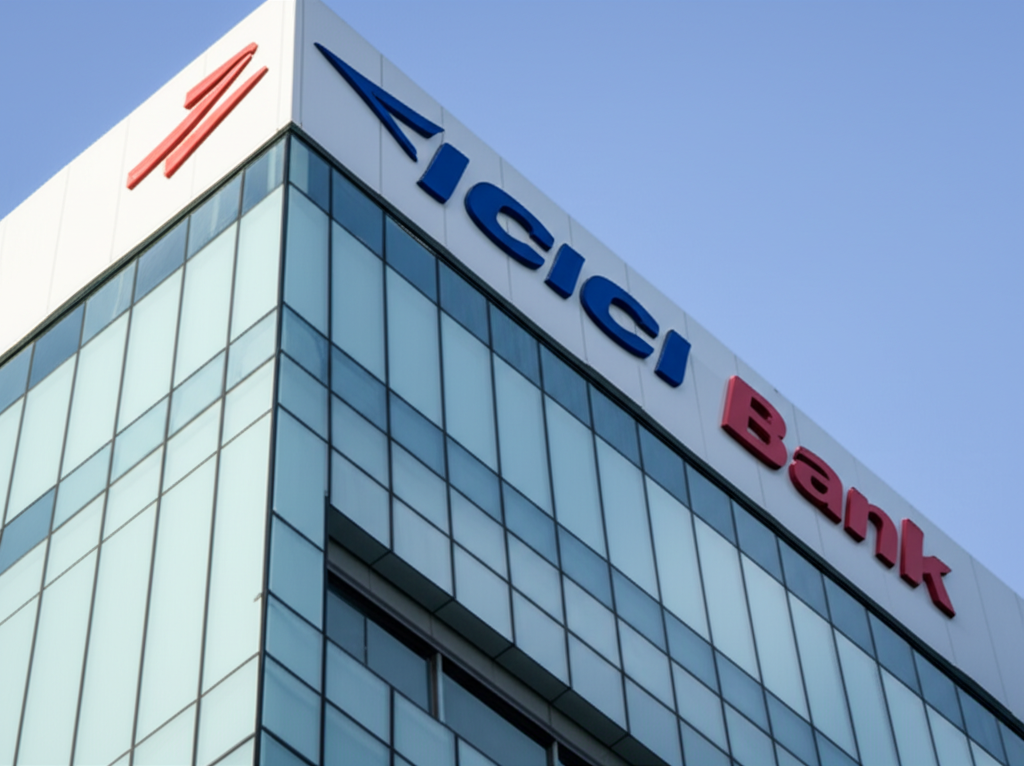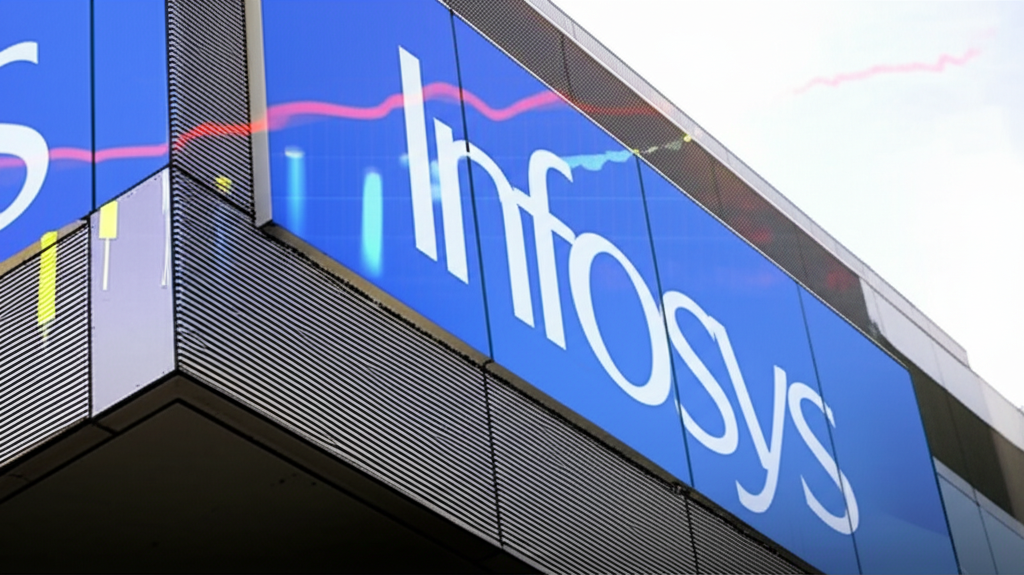Bharti Airtel Share Price (NSE: BHARTIARTL) opened at ₹1,870.00 and closed at ₹1,824.50 on May 13, 2025, a decrease of 2.47%.
Introduction
Bharti Airtel, a leading telecommunications services provider in India and across several other African markets, experienced a moderate decline in its share price on May 13, 2025. The stock, listed on the National Stock Exchange of India (NSE) under the ticker symbol BHARTIARTL, opened at ₹1,870.00 and concluded the day at ₹1,824.50, representing a 2.47% decrease. This downturn warrants a closer examination of the company’s recent performance, prevailing market conditions, and potential future prospects. This analysis delves into the various factors influencing Airtel’s share price movement, providing insights into the company’s financial health, industry dynamics, and regulatory environment.
Recent Financial Performance
To understand the share price dip, a review of Bharti Airtel’s recent financial performance is crucial. While specific quarterly or yearly results for 2025 would need to be sourced from official company releases or credible financial news outlets (e.g., the company’s investor relations website, reports from reputable financial news sources like the Economic Times, Bloomberg, Reuters, etc.), general trends can provide context. In recent years, Airtel has shown a focus on expanding its 5G network infrastructure, which is a significant capital expenditure. This Investment, while crucial for long-term growth and market competitiveness, can impact short-term profitability. Simultaneously, intense competition within the Indian telecom sector, marked by aggressive pricing strategies from rivals, puts pressure on Airtel’s average revenue per user (ARPU). Analysis of the company’s subscriber base growth, ARPU trends, and EBITDA margins (earnings before interest, taxes, depreciation, and amortization) in the lead-up to May 13, 2025, is vital for a comprehensive understanding of its financial standing and its impact on investor sentiment.
Key performance indicators (KPIs) such as revenue growth, profit margins, debt levels, and free cash flow will need to be examined to gauge the overall health of the business. Any deviation from expected performance could contribute to the share price decline. For instance, a slower-than-anticipated 5G subscriber acquisition or unexpected operational costs could negatively influence investor confidence.
Market Trends and Industry Analysis
The Indian telecom sector is highly competitive, with several major players vying for market share. The actions of competitors, such as Reliance Jio, Vodafone Idea, and others, significantly impact Airtel’s performance. Aggressive pricing strategies, promotional offers, and new service launches by competitors can create downward pressure on Airtel’s pricing power and market share. Furthermore, analyzing broader market trends, such as the overall health of the Indian economy and investor sentiment towards the technology sector, is essential. A bearish market outlook or general risk aversion among investors could lead to a sell-off in even fundamentally strong companies like Airtel.
Moreover, global economic factors, including fluctuations in currency exchange rates (especially relevant given Airtel’s international presence), and the availability of capital for investment within the telecom industry, also influence the sector’s performance. A downturn in global investment or a strengthening of the Rupee might affect the company’s profitability and investment plans.
Sentiment Analysis of News Headlines
A review of news headlines and media coverage surrounding Bharti Airtel in the days leading up to May 13, 2025, can provide valuable insight into investor sentiment. Were there any negative news reports regarding the company’s performance, regulatory challenges, or competitive pressures? Did any analysts issue downgrades or express concerns about the company’s future prospects? Positive news, on the other hand, such as announcements of successful 5G network expansions or strategic partnerships, can have an uplifting effect. The overall tone of media coverage can significantly impact investor decisions and contribute to price fluctuations. Tracking sentiment using tools that analyze news articles and social media posts focused on Bharti Airtel can offer quantitative data to support qualitative assessments.
Regulatory and Macro-Economic Factors
Regulatory changes and macroeconomic factors play a substantial role in shaping the telecom industry landscape. Government policies related to spectrum allocation, licensing, and pricing can directly influence a company’s profitability and operational efficiency. For example, new regulations related to data privacy or cybersecurity could affect Airtel’s operational costs and investment strategies. Furthermore, macroeconomic indicators like inflation, interest rates, and GDP growth rate impact consumer spending and overall investment sentiment, directly influencing demand for telecom services. Increased inflation can lead to lower consumer spending, impacting Airtel’s revenue stream. Similarly, higher interest rates could increase Airtel’s borrowing costs, affecting profitability.
Risk Factors
Several inherent risks are associated with investing in Bharti Airtel. These include the intense competition already mentioned, the regulatory uncertainty within the telecom sector, fluctuations in foreign exchange rates, and the financial risks associated with significant capital investments in infrastructure upgrades. The success of Airtel’s 5G rollout is inherently risky; failure to achieve widespread adoption or facing technological difficulties could negatively impact the company’s financial performance. Furthermore, potential legal disputes, cybersecurity breaches, or disruptions to service could also impact the share price.
Future Outlook
The future outlook for Bharti Airtel depends on several factors. Continued investment in 5G infrastructure, strategic partnerships, and successful implementation of innovative services will be crucial for sustaining growth. The company’s ability to navigate intense competition, maintain healthy profit margins, and effectively manage its debt levels will play a significant role in determining its future valuation. The overall health of the Indian economy and the global macroeconomic environment will also impact Airtel’s future prospects. Positive economic indicators and increasing consumer spending would be beneficial, while a downturn could lead to decreased demand for telecom services.
Analysts’ forecasts regarding the company’s future earnings, revenue growth, and market share should be considered when assessing the future outlook. The consensus view among analysts will provide a general sense of investor expectations and potential future price movements. However, it’s crucial to remember that analyst forecasts are not guarantees and carry their own inherent uncertainties.
Recommendations for Investors
Given the 2.47% decline on May 13, 2025, and the factors discussed above, investors should proceed with caution. A thorough due diligence process, involving a comprehensive review of the company’s financial statements, industry analysis, and risk assessment, is crucial before making any investment decisions. Investors with a long-term horizon might consider accumulating shares if the price drops further, assuming the underlying business fundamentals remain strong and the company’s future prospects are positive. However, investors with a short-term outlook might prefer to wait and observe the company’s performance over the coming quarters before making an investment.
Diversification is always recommended to mitigate risks. Instead of putting all eggs in one basket, investors should consider diversifying their portfolio across various asset classes and companies. Consulting with a registered financial advisor is recommended before making significant investment decisions, as they can provide personalized advice based on individual risk tolerance and financial goals. This analysis provides an informed perspective, but it is not financial advice and should not be considered as such.
Disclaimer: This analysis is based on publicly available information and general market trends. It is not financial advice. Investing in the stock market involves inherent risk, and investors should conduct thorough research and consult with a financial advisor before making any investment decisions.















0 Comments